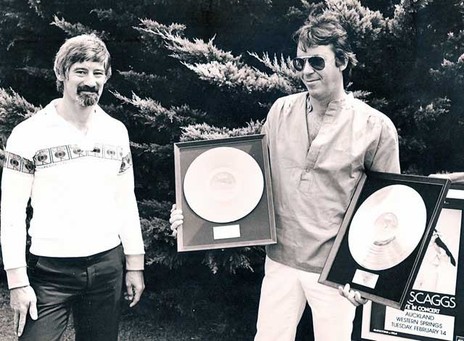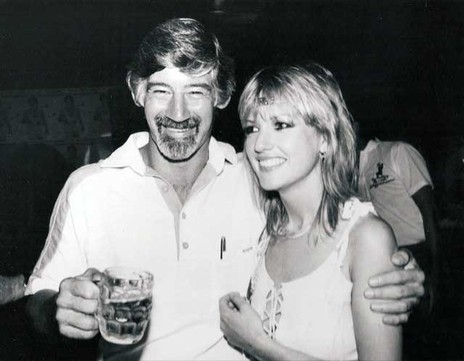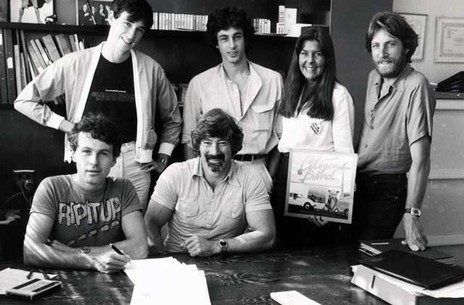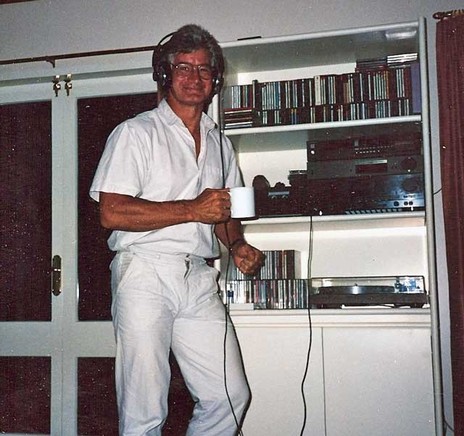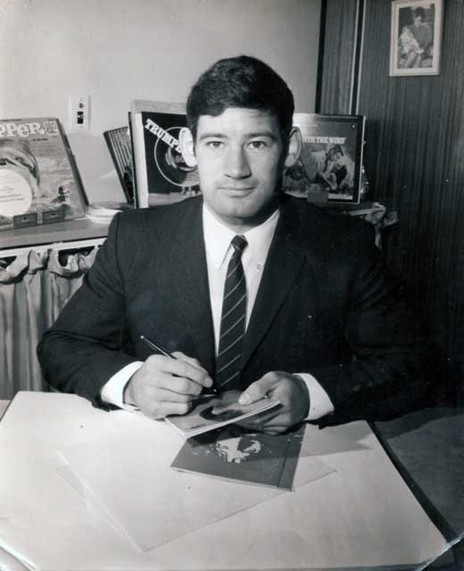McCready developed a local roster and distributed the Auckland indie Zodiac with The La De Da’s etc. When he became General Manager in 1970 he signed Shona Laing, who succeeded with ‘1905’. However Philips’ local A&R was dwarfed by HMV, the market leader. In 1972 McCready took a giant risk with a $30,000 TV campaign and launched the TV-advertised Solid Gold Hits series that took Philips from small player to major player overnight.
John McCready’s future lay overseas, as he was now a high-flying executive, having taken the Wellington-based company from minion to $millions – and from Philips to Phonogram. In 1974 he initially wanted to move to Australia but Phonogram HQ wanted him to take a marketing role in London.
McCready’s London OE is a story in itself – due to his outrageous and entertaining experiences as a “colonial” – from the way he met Don Arden to dining with Marvin Gaye. His successes in London led to well-paid but unfulfilling employment.
He promptly signed and had success with Sharon O’Neill and Jon Stevens.
In 1977 McCready returned with the rights to the Virgin label and started the indie distributor RTC with Brian Pitts. A year later, McCready accepted the job of starting CBS Records in New Zealand. HMV had been renamed EMI and were in the process of downsizing and closing their studios, as recording local music was “unprofitable”.
Once again McCready had a minion size company that he needed to take to the top and he promptly signed and had success with Sharon O’Neill and Jon Stevens. McCready hired as his first sales rep, the straight out of school and more athletic than academic, Murray Thom. He hired Michael Glading as his second accountant. Thom and Glading became future CBS/Sony Managing Directors and they sold more local music than McCready, but he got the company’s mindset started.
McCready moved to Australia in March 1981 and he continued his outspoken commitment to local repertoire – participating in the 1981 CBS Conference in the USA where the playing of the Men At Work video of ‘Downunder’ led to a standing ovation and its release in the USA. For family reasons, McCready returned to New Zealand to run Radio Hauraki at the end of 1982 and with programmer Ross Goodwin, he took the station to the top in the Auckland market, with minimal play of local music.
As a music executive, McCready had a love of the art of music but an even firmer commitment to the commerce of music, but his massive role in putting New Zealand music on the agenda, economically, is undeniable.
--
Read John McCready part 1 here
Read John McCready part 2 here
Read John McCready part 3 here
